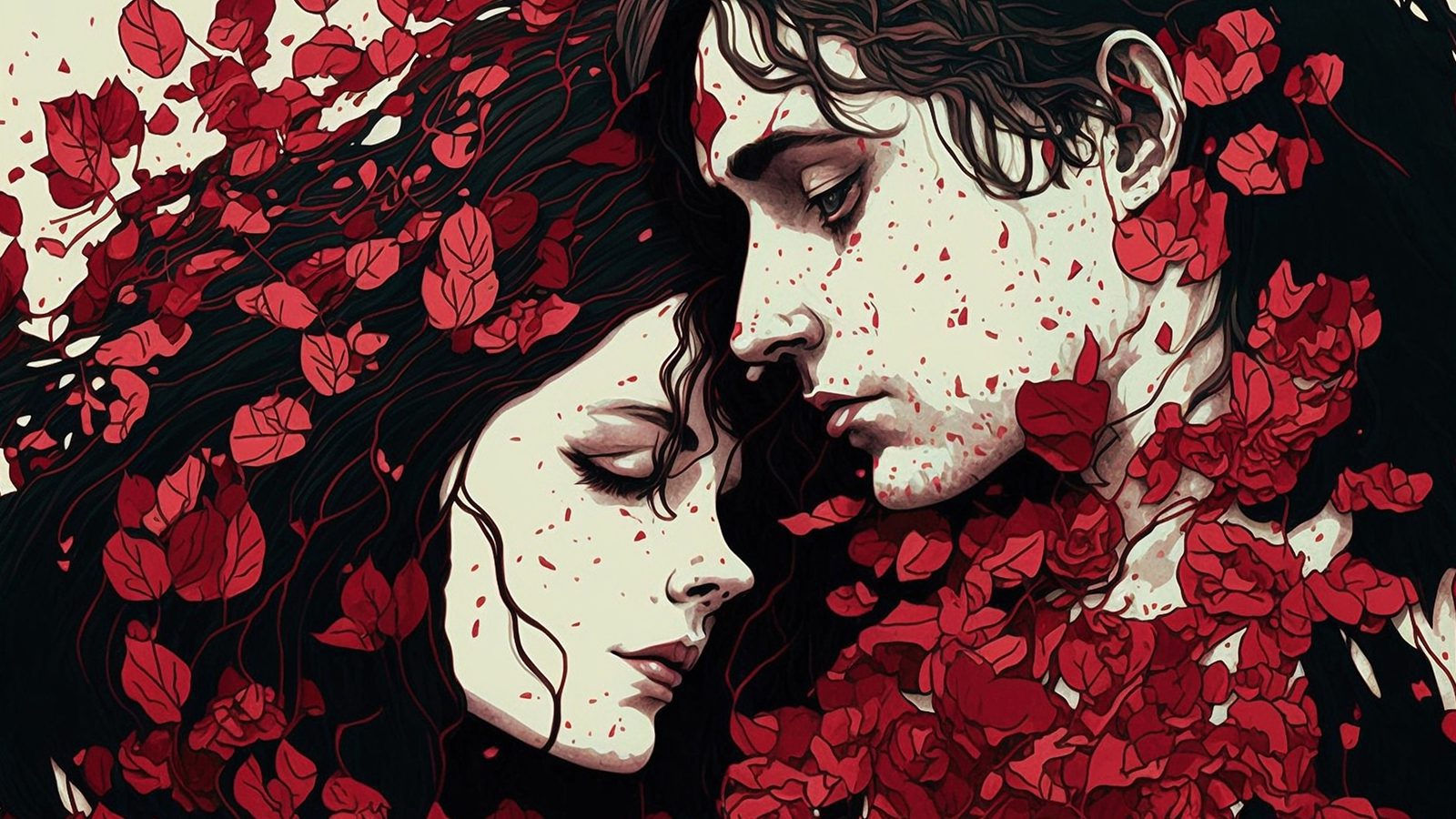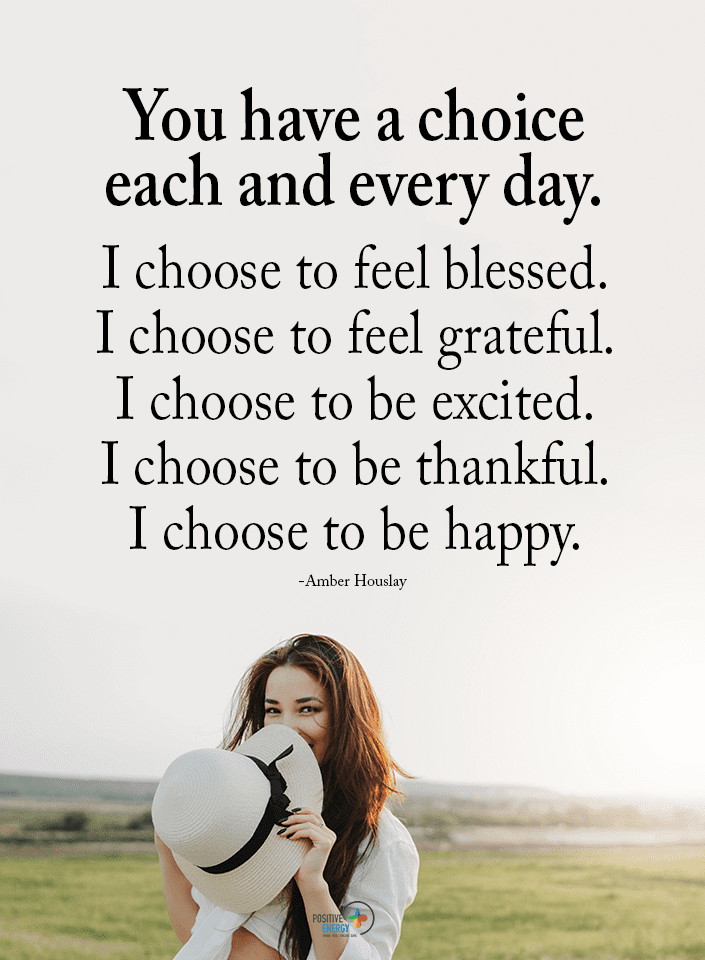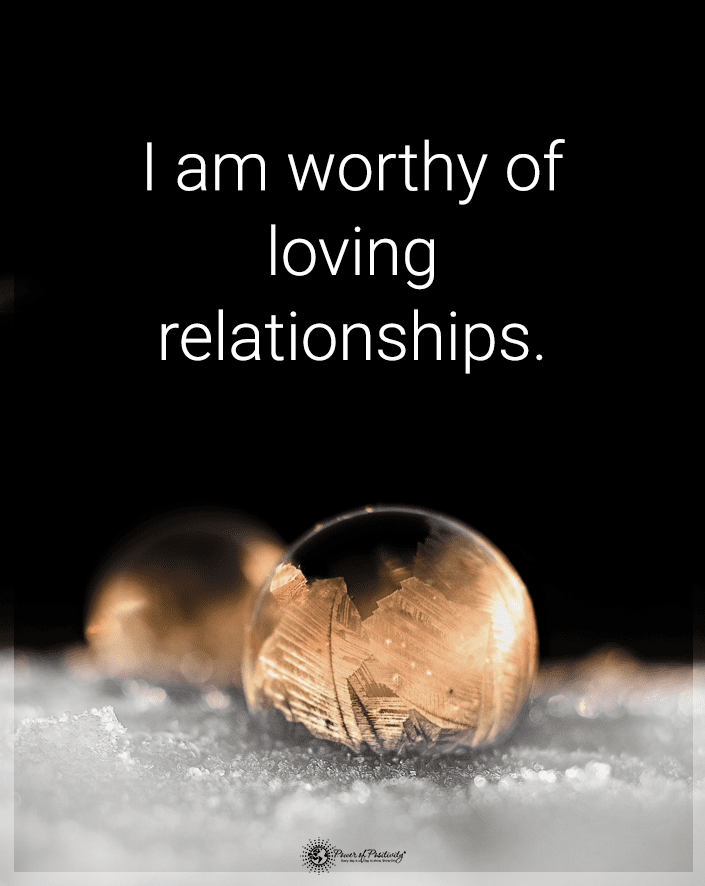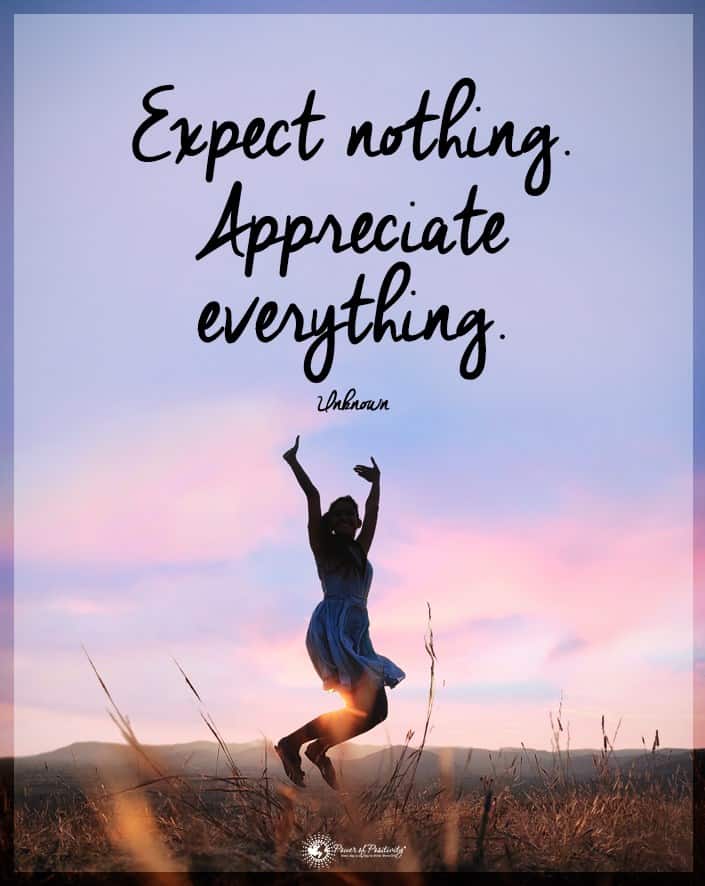Falling in love sends you on an emotional roller coaster that can leave you confused and exhilarated. It changes your brain chemicals, affecting the way you feel and behave.
During the beginning of your relationship, you often experience the honeymoon phase, which involves the most change. You’ll know something is different about your partner, and all the moments during that time can send you on a roller coaster.
The roller coaster of emotions isn’t simply a cliché about love. Instead, it’s a psychologist-backed phenomenon from going through so many ups and downs with someone new.
New love triggers a rush of overwhelming excitement, joy, and other positivity. It’ll make you want to return to experience those feelings repeatedly, encouraging the roller coaster of love.
What the Research Shows About New Love Feeling Like an Emotional Roller Coaster
Research shows that new love triggers areas of the brain that make them feel good. It also affects you mentally, emotionally, and physically. To determine this, experts took functional MRI images of brains to compare how they react when they see someone they romantically love instead of seeing an acquaintance.
Dopamine
They used 2,500 images to determine that seeing someone you love romantically triggered the area of your brain rich in dopamine, a feel-good neurotransmitter. These areas include the ones associated with pleasure, attention, and motivation to seek rewards. The images showed that these areas stay lit up for various timeframes depending on the couple.
When feel-good chemicals flood your reward system, you might notice that your cheeks flush, your heart races, and your palms sweat. Plus, you’ll experience passion and anxiety simultaneously. These changes occur because it triggers the same reward center as alcohol or cocaine.
Cortisol and Serotonin
New love can also contribute to increased cortisol levels (a hormone associated with stress) and decreased serotonin. Low serotonin levels can trigger intrusive thoughts and behaviors that preoccupy you from other aspects of life. It leads to infatuation, making you want to keep experiencing the situation.
Oxytocin and Vasopressin
Romantic love also involves the chemicals oxytocin and vasopressin. These chemicals release during sex or skin-to-skin contact, so they’re high during loving relationships and for pregnant or nursing parents.
Oxytocin increases attachment and bonding, making you feel closer to your new partner. It also encourages feelings of security and contentment, deepening loving feelings.
Vasopressin also deepens attachment, encouraging you to stay loyal in a long-term, monogamous relationship. This chemical is why attachment grows the longer you’re with your partner, even when passion fades.
Neurological Pathways
Falling for someone deactivates neurological pathways responsible for fear, judgment, and other negative emotions. It can make it hard to assess someone you’re romantically interested in so you don’t see any flaws initially. Rather than seeing them imperfectly, you’ll think everything they do is cute and exciting.
How to Know if You’re Experiencing the Roller Coaster of New Love
There are signs you can watch for to verify if you’re on a roller coaster in your new romance. Some things to watch for include:
Difficulty Sleeping
Since being in love increases cortisol levels, you’ll feel too stressed to fall asleep sometimes. Even if you don’t feel too stressed, the hormone affects your sleep-wake cycle, making it hard to sleep no matter how you feel.
Voice Changes
Experts believe that women change their tone of voice around a romantic interest. One study shows that their voice gets higher and softer, showing affection for their partner. It can strengthen your bond and make your partner feel nurtured.
Other research shows that women match their partner’s pitch to show they’re connected. It also indicates that she desires affection from her love.
Changing Appetite
Early in a relationship, the surge of hormones and brain activity can cause you to lose your appetite. However, once you’ve fallen for someone, you’ll experience an increase in cortisol levels that increase your appetite.
Feeling Like You’ve Known Them Longer
You may feel like you’ve known your partner your whole life when you’re on an emotional roller coaster. With the shifts in oxytocin and vasopressin levels, you’ll experience a sense of calmness, security, and connection that builds a strong bond. It also encourages long-term attachment and planning, helping you continue into a long-term relationship.
Other Signs to Watch For on That Emotional Roller Coaster Ride
You may notice other changes that indicate you’re on a roller coaster, including that you:
- feel addicted or obsessed
- get flustered easily
- become forgetful and stressed when they’re around
- constantly want to be around your partner
- feel anxious when you’re away from them
The Benefits of Embracing the Roller Coaster of Feelings
An emotional roller coaster can be overwhelming, but choosing the right person makes it worth the adventure. The benefits include:
Learning About Yourself
As you go on the roller coaster ride, you’ll learn what hurts or makes you happy and how to prioritize your feelings. It’ll help you become more mature and move on from old relationships. You’ll also learn how to handle your current and future relationships, including those with friends and family.
Gaining Perspective
Falling for someone helps you recognize that things you may not think are a big deal are important to others. You’ll likely start to care about things you didn’t before because what upsets them will upset you too. This learning opportunity helps you recognize that your perspective isn’t the only one because others feel differently.
Increased Empathy
When you’re experiencing these intense feelings for someone, your empathy increases. You’ll become more relatable and open with others and can read them better. The skill increase goes beyond your romantic relationship and allows you to experience empathy toward all others.
Improved Ability to Face Emotional Challenges
Going through all the emotions involved in new love can help you face future challenges. You’ll know you can get through anything, making you more confident moving forward.
When the Emotional Roller Coaster Stops
The chemical changes in your brain when falling for someone can be intoxicating. However, the intoxication is momentary, and you’ll find calm and ease as your relationship progresses and evolves.
Long-lasting relationships don’t typically involve feeling like you’re on a roller coaster. Things calm down, and you’ll experience less stress and instead turn to your partner for a buffer from overwhelm. You’ll still have passion, but your serotonin and cortisol levels will stabilize and allow you to experience pleasure and reward without having a constant craving.
Additionally, you may experience deep, compassionate love without the overwhelming feelings of when the relationship was new. Things become routine, and you may form habits that don’t allow you and your partner to focus on one another as much. Plus, work, children, and other aspects of life can disrupt what you once had.
You might sometimes miss the spark you and your partner shared in the early days. However, the good news is that you can rekindle it no matter how long you’ve been together.
Studies show that couples married for decades can still be madly in love with one another. The same areas of the brain lit up for those couples, indicating high dopamine levels. This research proves that if you aren’t feeling the excitement of romance anymore, you can find ways to reactivate it.
However, rekindling the spark in your relationship doesn’t mean you’ll experience the roller coaster feelings again. Instead, you can embrace the excitement without apprehension.
How to Rekindle the Spark
There are many ways you can find excitement in your long-term relationship. Some ideas include:
- Prioritizing sexual activity: Being intimate with your partner can increase oxytocin levels, activating the brain’s reward circuit. It’ll make you and your partner desire one another more, rekindling the spark in your relationship.
- Talking to them without distraction: When you’re first falling for someone, you likely talk to them all the time to build a connection. As the relationship continues, you’ll talk less or focus on something else while talking. Communicating without distractions can make all the difference in bringing the excitement back.
- Expressing gratitude and showing appreciation: During the early days of your relationship, you’re more likely to tell your partner that you appreciate them and what they do. Later on, you might assume your partner knows, but taking the time to express gratitude can make a difference.
- Doing something new together: Trying something neither of you has done before can help you find excitement as you make new memories. You can always use adventure to rekindle your spark, and it encourages quality time.
- Being affectionate: Physical affection is one of the best ways to rekindle your spark. It increases feel-good chemicals in your brain and makes you feel loved, safe, and cared for.
- Prioritizing regular date nights: Life gets busy, and falling into a routine with your partner is bound to happen. However, even with your daily routine, make time for one-on-one date nights, even if you stay home and do something fun together.
Final Thoughts on Why New Love Feels Like an Emotional Roller Coaster
Experiencing new love can make you feel like you’re on an emotional roller coaster. The ups and downs and overwhelming emotions can make the situation hectic, but it doesn’t last forever.
Embrace the excitement you feel in the moment because, eventually, it’ll calm down if the relationship continues. When you find yourself in a long-term relationship missing the excitement of the early days, don’t be afraid to rekindle the spark without the stress.





















